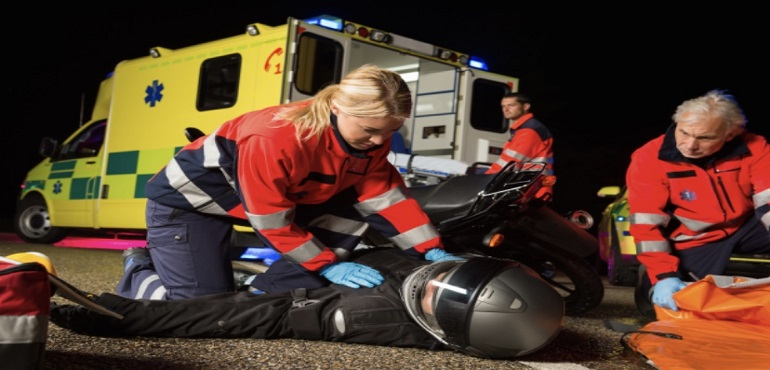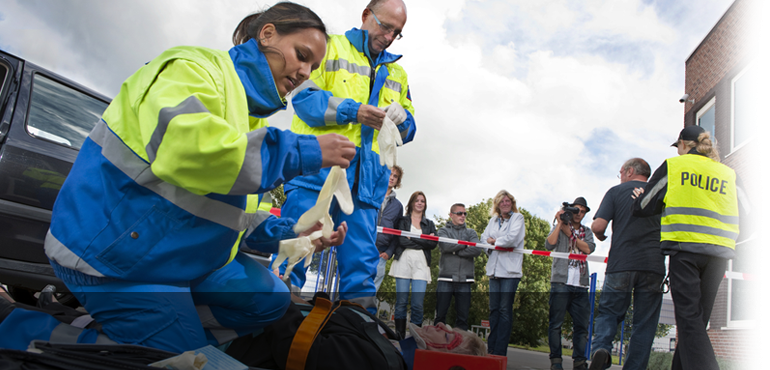| Toll Free : 1844 495 7333(injury hotline- new cases only) | |
| Text a Personal Injury Lawyer 24/7 and get instant help.TM (416 931 5015) | |
| Head Office : 905 495 7333 |
Toronto Personal Injury Lawyers: Short-term Rentals And Slip and Fall Injuries
December 19, 2017The vacation or short-term rental platform has become a highly popular option for holiday-makers and business travelers all over the world. It is ideal for all profiles of travelers, whether they’re single travelers, families with children and pets, seniors, groups attending an event, conference or convention, business travelers or consultants dedicated to time-bound projects etc. The short-term rental may consist of serviced apartments or condos, independent properties, or home-sharing options with a family with extra room to spare. “Short-term” is rented for not more than 28 days at a time, subject to extension.
Of late, the concept of the shared economy has revolutionized many sectors like housing, transportation, food etc and large multi-nationals like Airbnb have transformed the way people live away from home. Advances in communication-technology and networking have helped to make this a convenient and affordable option.
However, some things don’t change! Accidents can and do still happen everywhere and a short-term rental is not immune from hazards.
If you or a dear one has sustained injuries in a slip and fall accident that occurred in your short-term rental, ensure that you get immediate medical attention. Following this, it’s crucial to consult an experienced Toronto personal injury lawyer who has handled such cases before. You may be entitled to compensation.
Are Short-term Rentals Different From Hotels?
When we opt for short-term rentals, especially private homes, we seldom consider the legal aspects. Hotels and traditional hostelries like bed n breakfasts, inns, motels etc must have a license to operate and they’re governed by certain regulations. These include hygiene, safety etc. However, short-term rentals may by-pass these regulations including safety inspections.
Traditional accommodations have to carry commercial liability insurance, whereas hosts who offer their homes for short-term rentals have only the home-owner’s policy coverage.
Hence, occasional renting out of part or whole of a home to guests for a fee implies that the owners are running a business and their insurance company must be kept informed of this activity.
Companies like Airbnb have grown exponentially. A study conducted by the Canadian Centre for Policy Alternatives reveals that such listings have increased by 288% since 2013 and the listings in Toronto are about 81% higher than cities like Vancouver. These accommodations are concentrated in certain areas of the city and there is speculation that big players are using the platform to circumvent the regulations governing commercial activity.
Injured In A Short-term Rental?
Slip and fall injuries can have a devastating physical, financial and emotional impact on the injured person and his/her family. They result in:
- Loss of income/wages/earning-capacity
- Medical and rehabilitation expenditure
- Pain and suffering
Under Ontario’s Occupier’s Liability Act, the property owner has a responsibility to ensure that premises under their control are kept reasonably safe for all visitors.
Wet, slippery, badly-maintained floors, missing hand-rails, broken tiles/floor-boards, puddles under the air-con, clutter, debris, loose carpeting, torn/unanchored mats, loose cables/wires etc can cause guests to lose their balance, fall and sustain serious injuries.
An experienced Toronto personal injury lawyer can provide the right advice and assistance to help you get the compensation you deserve.
Toronto Personal Injury Lawyers: Short-term Rentals And Slip and Fall Injuries
December 19, 2017The vacation or short-term rental platform has become a highly popular option for holiday-makers and business travelers all over the world. It is ideal for all profiles of travelers, whether they’re single travelers, families with children and pets, seniors, groups attending an event, conference or convention, business travelers or consultants dedicated to time-bound projects etc. The short-term rental may consist of serviced apartments or condos, independent properties, or home-sharing options with a family with extra room to spare. “Short-term” is rented for not more than 28 days at a time, subject to extension.
Of late, the concept of the shared economy has revolutionized many sectors like housing, transportation, food etc and large multi-nationals like Airbnb have transformed the way people live away from home. Advances in communication-technology and networking have helped to make this a convenient and affordable option.
However, some things don’t change! Accidents can and do still happen everywhere and a short-term rental is not immune from hazards.
If you or a dear one has sustained injuries in a slip and fall accident that occurred in your short-term rental, ensure that you get immediate medical attention. Following this, it’s crucial to consult an experienced Toronto personal injury lawyer who has handled such cases before. You may be entitled to compensation.
Are Short-term Rentals Different From Hotels?
When we opt for short-term rentals, especially private homes, we seldom consider the legal aspects. Hotels and traditional hostelries like bed n breakfasts, inns, motels etc must have a license to operate and they’re governed by certain regulations. These include hygiene, safety etc. However, short-term rentals may by-pass these regulations including safety inspections.
Traditional accommodations have to carry commercial liability insurance, whereas hosts who offer their homes for short-term rentals have only the home-owner’s policy coverage.
Hence, occasional renting out of part or whole of a home to guests for a fee implies that the owners are running a business and their insurance company must be kept informed of this activity.
Companies like Airbnb have grown exponentially. A study conducted by the Canadian Centre for Policy Alternatives reveals that such listings have increased by 288% since 2013 and the listings in Toronto are about 81% higher than cities like Vancouver. These accommodations are concentrated in certain areas of the city and there is speculation that big players are using the platform to circumvent the regulations governing commercial activity.
Injured In A Short-term Rental?
Slip and fall injuries can have a devastating physical, financial and emotional impact on the injured person and his/her family. They result in:
- Loss of income/wages/earning-capacity
- Medical and rehabilitation expenditure
- Pain and suffering
Under Ontario’s Occupier’s Liability Act, the property owner has a responsibility to ensure that premises under their control are kept reasonably safe for all visitors.
Wet, slippery, badly-maintained floors, missing hand-rails, broken tiles/floor-boards, puddles under the air-con, clutter, debris, loose carpeting, torn/unanchored mats, loose cables/wires etc can cause guests to lose their balance, fall and sustain serious injuries.
An experienced Toronto personal injury lawyer can provide the right advice and assistance to help you get the compensation you deserve.








